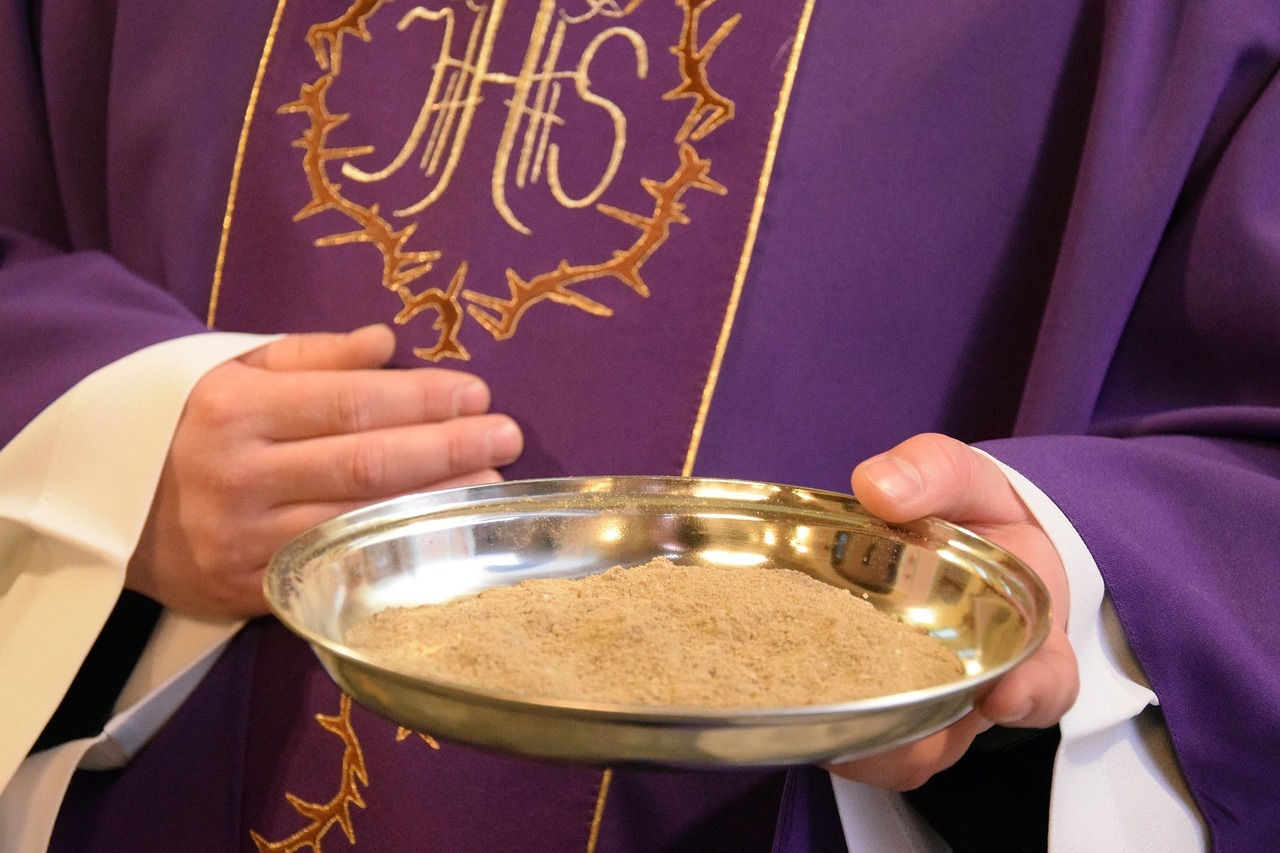Genesis 2: 7-9, 16-18, 25, 3:1-7 (RM) or 2: 7-9, 3: 1-7 (RCL); Psalm 51; Romans 5: 12-19; Matthew 4: 1-11.
On the First Sunday of Lent, I remember a special person in my life, a dearly loved mentor, friend and inspiration: Dr. Christiane Brusselmans.
Christiane was a part-time lecturer in the Faculty of Theology at the Catholic University of Leuven (Louvain), Belgium, and one of the first RC women to complete a doctorate in theology in 1964. She was already a best-selling author of materials to prepare children for First Communion and Reconciliation when she became a globally recognized leader in the implementation of the Rite for the Christian Initiation of Adults, a catechumenal process for preparing non-baptized adults interested in joining the church. The RCIA process (“Never call it a ‘program,’” she sniffed) involved not only a months-long sequence of instructional sessions, but also spiritual growth, personal discernment of one’s call and how God was working in one’s life, and caring accompaniment by members of one’s local parish to welcome the catechumens warmly into full Christian community.
The First Sunday of Lent was a key turning point for these about-to-become-baptized Christians. The class meetings had come to an end. They were no longer ‘catechumens,’ but ‘candidates’ for full initiation – Baptism, Confirmation and Eucharist, all in one grand liturgical event at the Easter Vigil. At the start of Lent they came before the congregation and inscribed their names in a book of those who would go forward to the sacraments of initiation. And in the RCIA process, the season of Lent was known as ‘purification’ or ‘enlightenment.’ Lent, for them, was a time to complete their final spiritual preparation, to confront honestly any lingering doubts or concerns, and to resolve anything in their lives that might prevent them from entering into a deep relationship with Christ. Usually they went on a brief retreat, and usually each person was accompanied by a spiritual director.
Seen through the optic of intense personal preparation for a life-changing spiritual encounter with the living Christ in a vibrant Christian community, the Gospel reading for this Sunday makes a different sort of sense. Different, that is, from reading it merely as a warning against succumbing to temptation during this penitential season, of eating the last six chocolates in the Valentine’s box.
Matthew takes the story from its original source, the same one used by Mark and Luke, and shapes it into, not just a story about Jesus, but of an entire community negotiating its relationship with the Holy One in their history and their future. “Forty days,” whether about Moses on Sinai, Elijah in the desert or Jesus in the wilderness, represents a whole people engaged in a lengthy process of transition from one state of life to a very different one. Jesus himself was moving from his private life into his public ministry. The story presents three tests of Jesus’ choice to rely on God alone for sustenance, protection and safety. He had to confront fearlessly any inclination to glorify himself or abuse his power. The responses he gives in the face of temptation all come from Deuteronomy 6-8, Moses’ words to his people at the end of their long journey from slavery to freedom. Jesus’ journey would take him, and us, to a different sort of freedom, to the source of life itself.
I learned much about the courage necessary, not only to survive but to thrive on a sometimes grueling life journey, from Christiane. Her life was not without struggle. Yet she radiated a genuine warmth that captivated others, whether many thousands of people at once in Anaheim stadium for the annual national catechetical conference, or a few of us fortunate ones at her dinner table.
I think sometimes of how the situation of the Christian churches has changed in just the thirty years since her passing. The RCIA presumed a vibrant, growing, intensely attractive church, and yet now, the mainline denominations across the board are losing members, no matter what ‘processes’ or programs they implement. The Catholic church whose credibility was taken for granted would be pummeled by revelations of widespread sexual, pastoral, spiritual and financial abuse. Energy-filled large local parishes would be closed or merged.
Perhaps the test in our time is to uncover and unfold new spiritual resources, to tell the best of our own stories, and to serve as warm welcoming presences to anyone we meet who is in need. We’ll do this most effectively, not alone, but together in supportive, trustworthy communities of faith and hope. …testing, testing…
© Susan K. Roll
Susan Roll retired from the Faculty of Theology at Saint Paul University, Ottawa, in 2018, where she served as Director of the Sophia Research Centre. Her research and publications are centred in the fields of liturgy, sacraments, and feminist theology. She holds a Ph.D. from the Catholic University of Leuven (Louvain), Belgium, and has been involved with international academic societies in liturgy and theology, as well as university chaplaincy, Indigenous ministry and church reform projects.





I too was inspired by Dr. Christiane Brusselmans. In the early 80s (I think) I was one of several hundred religious educators who did a week’s long workshop with her at Kananaskis AB. The workshop focused on living (and then implementing) the recently promulgated Rite of Christian Initiation for Adults (RCIA) process. For the first time in my life, I experienced the power of liturgy to awaken the soul. And have lived from that grace ever since. Catholicism today needs a re-kindling of that energy.